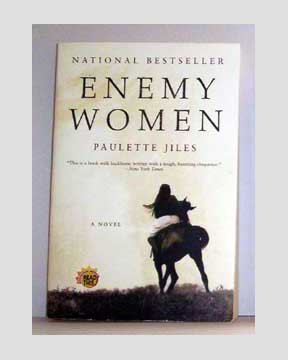
For me, she is a truly unique writer, a woman who managed to depict a Civil War from 150 years ago as a modern Apocalypse.

This is my first experience of Paulette Jiles, and, I promise you, it will not be my last.

She knew that if she went back and told a story set in 1864, the suffering would be just as applicable then as always.Īnd, it turns out, the suffering in 1864 Missouri, in the last year of the American Civil War, could produce a level of pain and injustice that could make your current discomfort seem pale in comparison. Paulette Jiles knew this, when she published this novel in 2002. She was smiling, as breathless as a new bride, with anticipation over the End of Days, but I should have just started singing a few bars of Carly Simon to her, “nothing stays the same, but if you're willing to play the game, it's coming around again.”īecause, even though we forget, even though we think our suffering is original or is coming to an end, it's all just coming around again. and that no wind would ever put it out.Ī friend of mine, who is perpetually searching for signs of the Apocalypse, declared to me last week, “the times have NEVER been like this before.” That then before the war she had held this light between her hands.

That a clear light burned inside of her that nothing could extinguish and it would always illuminate her way. she had thought of herself as a person who wonderful things would happen to because she was uncommon and marked apart.


 0 kommentar(er)
0 kommentar(er)
